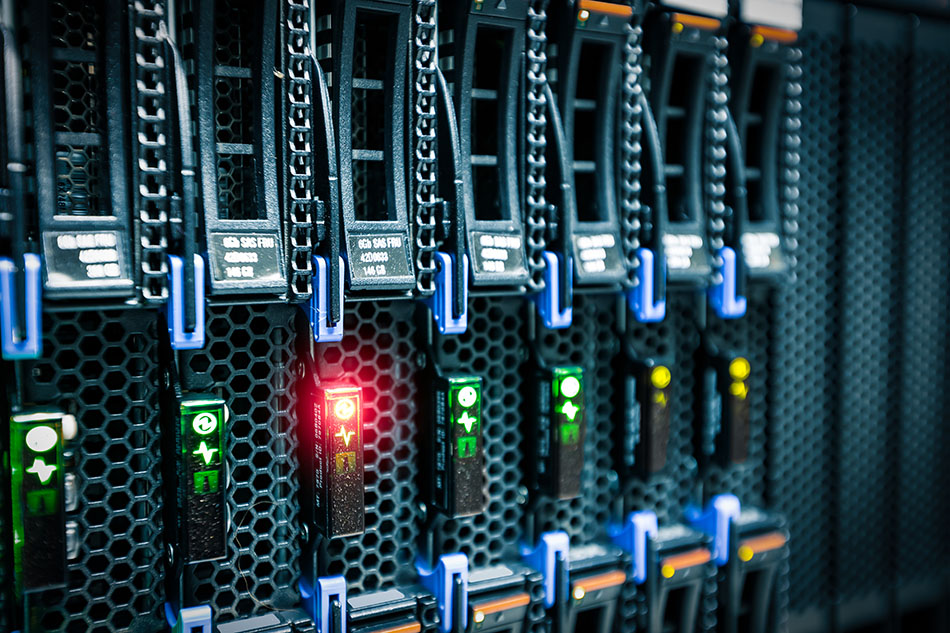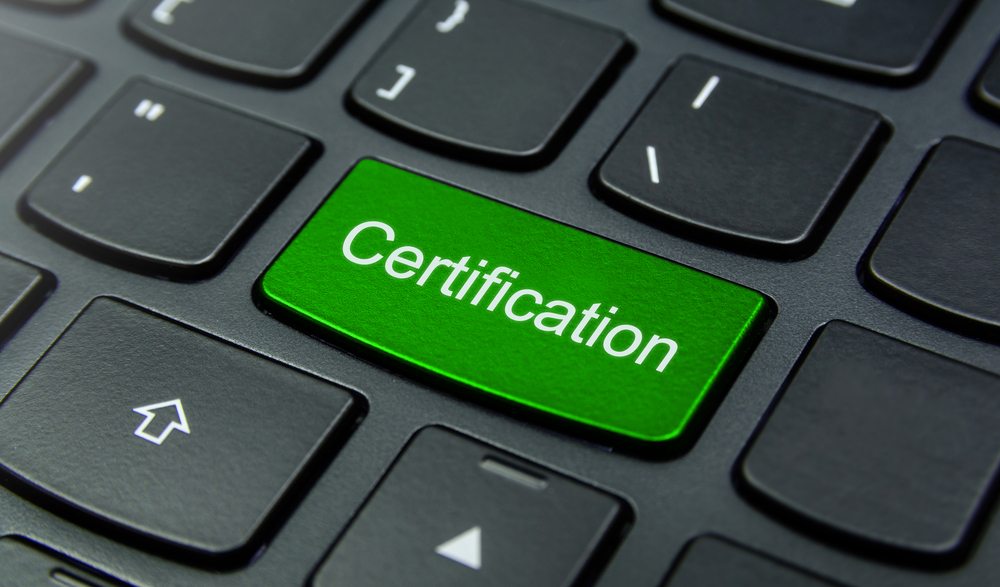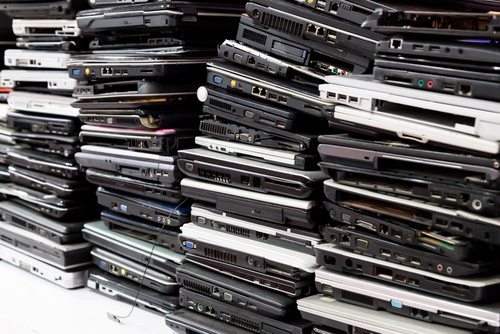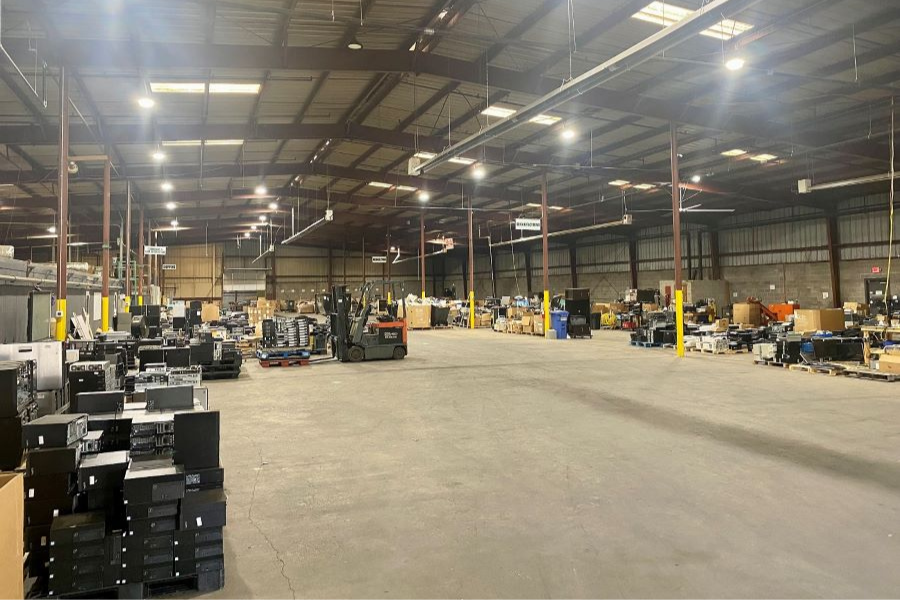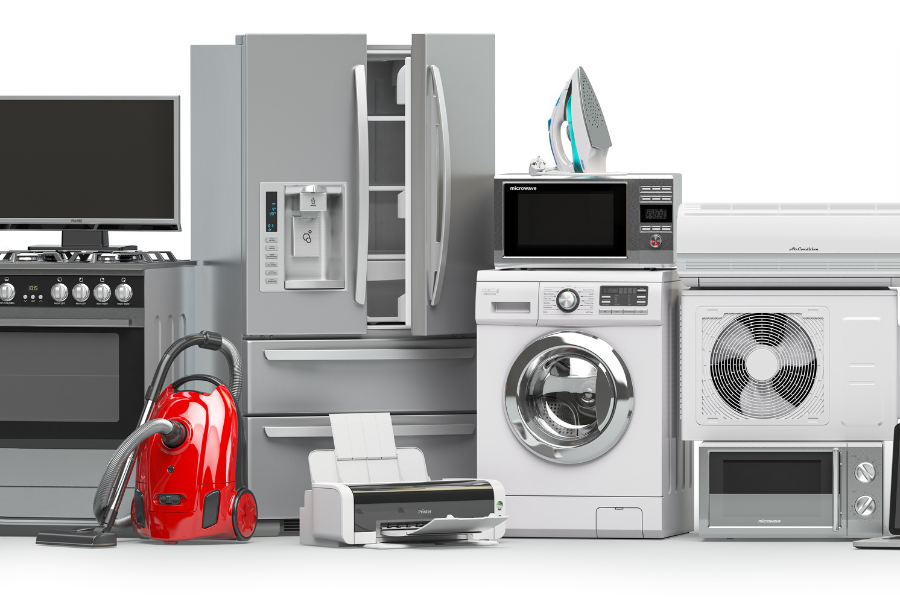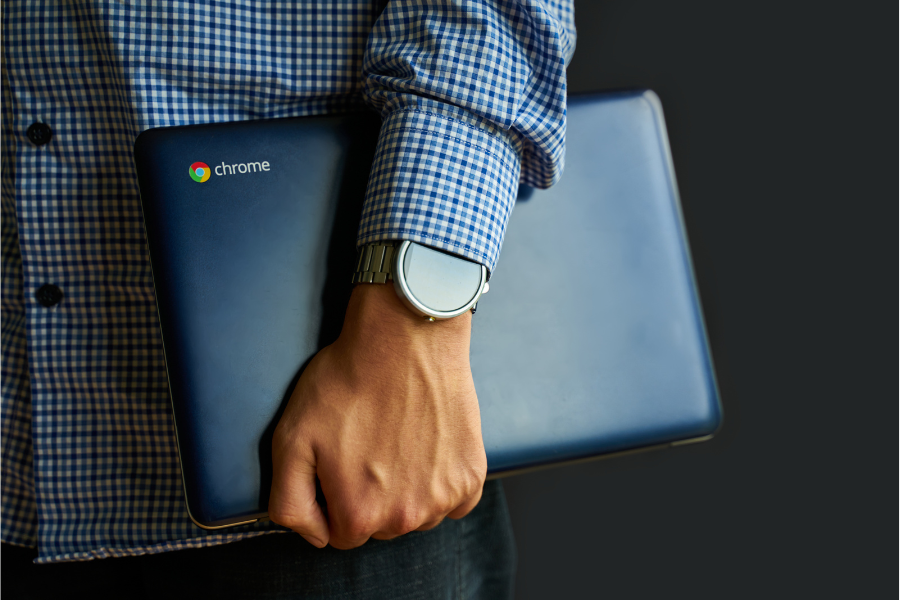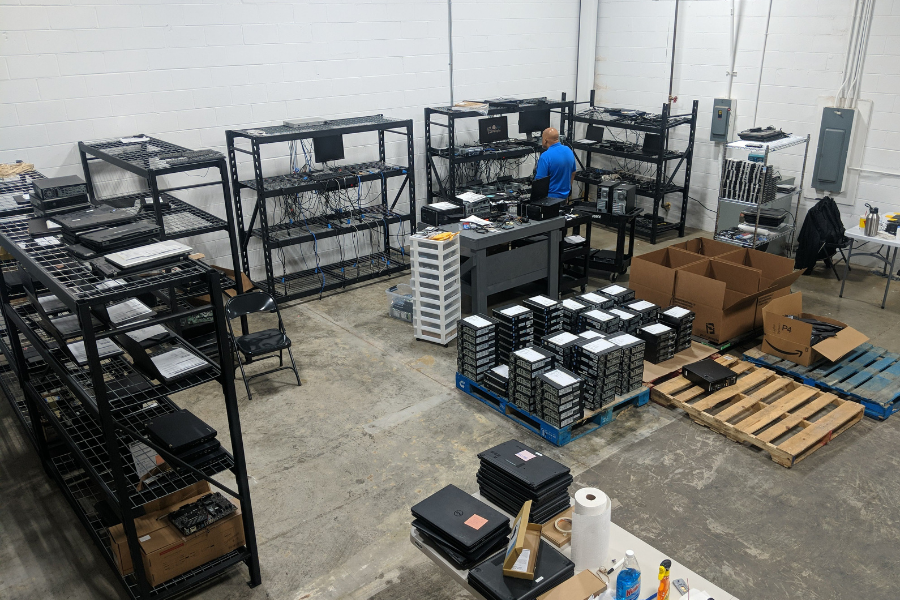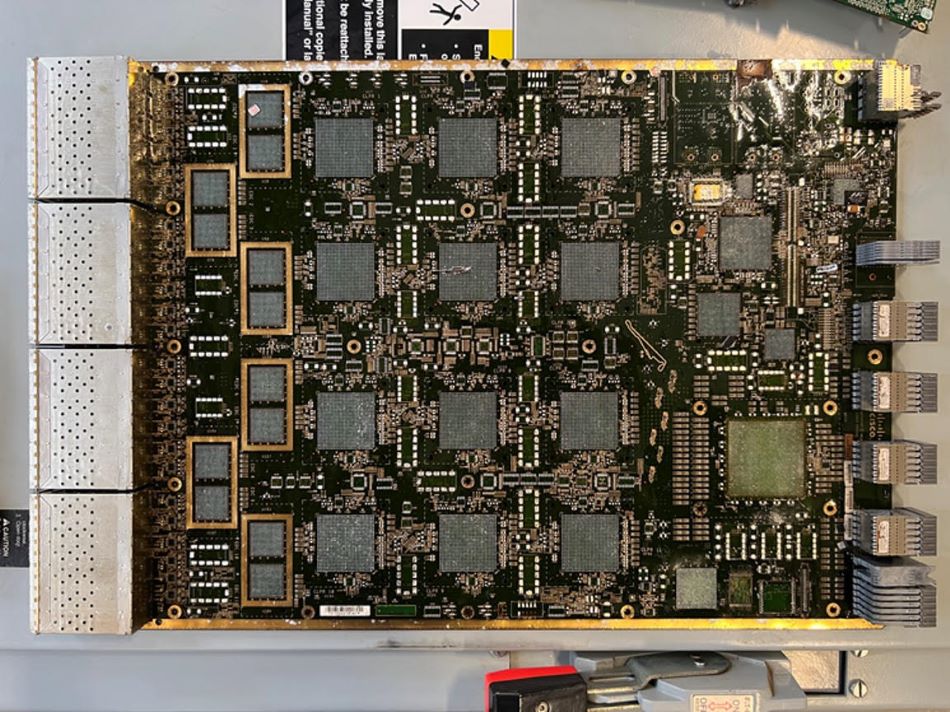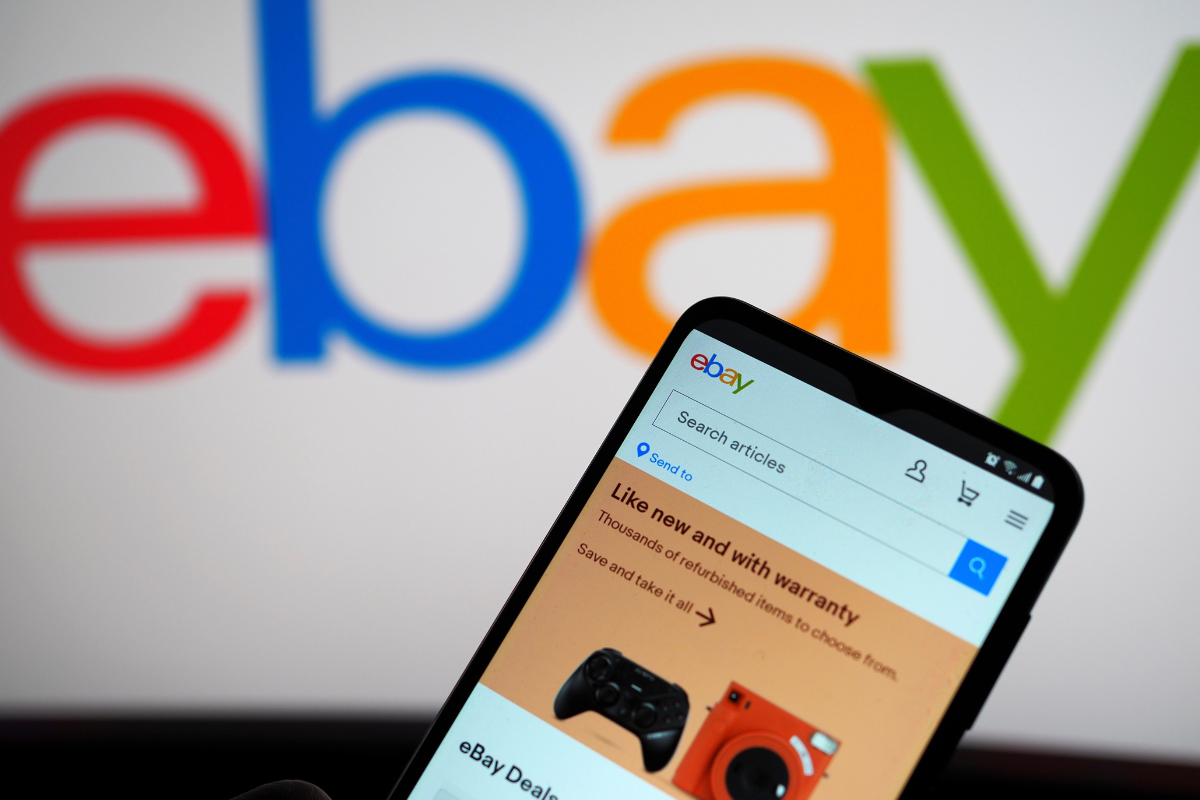
Blancco and eBay are joining forces to help provide buyers peace of mind when purchasing used or refurbished devices. | Anton Caballero/Shutterstock
Resellers marketing used electronics through the eBay Refurbished program can now leverage data erasure company Blancco’s software to aid in grading the devices. Continue Reading



